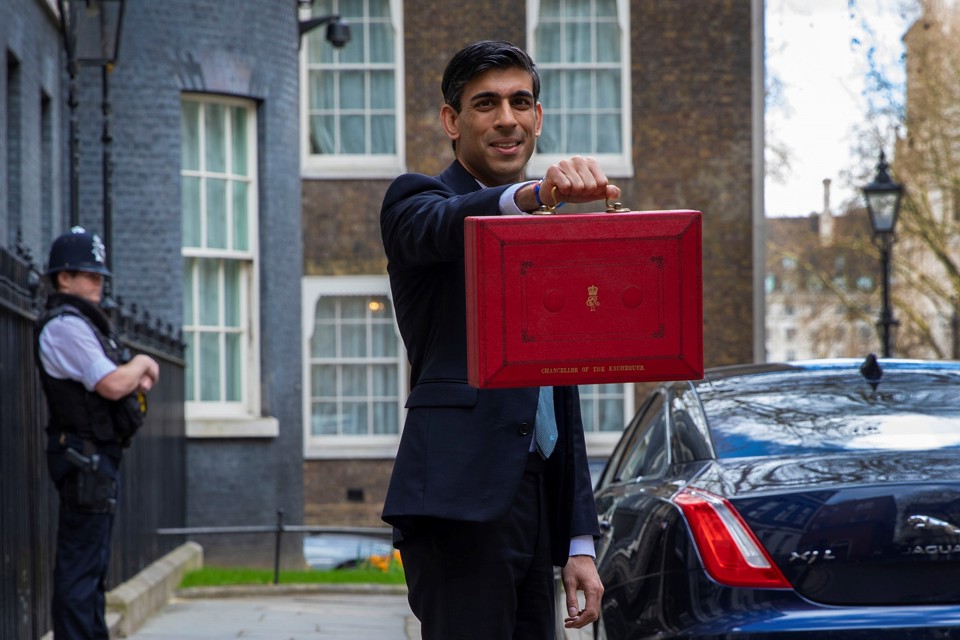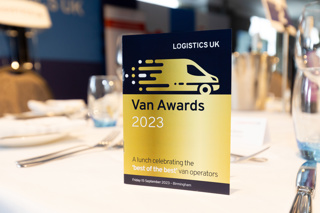There was good news for commercial fleet operators in the Budget, with a freeze in fuel duty, an extension to the furlough scheme and a freeze in VED for HGVs.
It is the eleventh consecutive year duty has been frozen. However, the Treasury says that future fuel duty rates will be considered in the context of the UK’s commitment to reach net-zero emissions by 2050, suggesting it may be the last time fleets can expect a freeze.
Sir Mike Penning MP, chair of the All-Party Parliamentary Group (APPG) on Road Freight and Logistics and former roads minister welcomed the freeze on fuel duty.
He explained: “Freezing fuel duty will be a real boost to Britain’s hauliers who have been the unsung heroes of the pandemic, but the Chancellor must go further and investigate the need for an essential user rebate for UK hauliers.
“Our haulage industry will be vital to our economic recovery and the Chancellor must ensure that they are not held back by paying highest rate of fuel duty in Europe.”
The APPG had called for an essential user rebate on fuel duty, which would cut the effective level of fuel duty to that of Germany.
In a recently launched APPG report, it suggests the rebate would provide a reduction in fuel duty of around 15 pence per litre for road haulage operators.
Alex Veitch, general manager of public policy at Logistics UK, said: “As the economy starts to recover from the impact of the Covid-19 pandemic, Logistics UK and its member businesses are grateful for the news of a continued fuel duty freeze.
“At a time when many businesses are yet to open up fully, or to see the first signs of recovery, another charge to already fragile balance sheets could have been catastrophic for the organisations which are at the heart of every element of the economy.”
The one-year freeze in fuel duty (2021-22) will cost the Treasury £795m. That will rise to £885m the year after, £910m in 2023-24, £925m in 2024-25 and £945m in 2025-26.
The Budget also reveals that there will be an uprate in VED rates for cars, vans and motorcycles in line with RPI from April 1.
However, to support the haulage sector and pandemic recovery efforts, the Government will freeze VED for heavy goods vehicles (HGVs) for 2021-22 and will suspend the HGV Levy for another 12 months from August 2021.
Furthermore, from April 6, fuel benefit charges and the van benefit charge will increase in line with CPI.
ROAD PRICING
There was no mention of road pricing as a potential replacement for fuel duty and VED. However, the Budget did contain an announcement around a series of consultations the Government will launch this year, publishing a ‘Command Paper - Tax policies and consultations (Spring 2021)’ on March 23.
Commercial Fleet has revealed how fleets are split over the merits of replacing fuel duty and road tax with a new road pricing regime.
Fewer than half (45%) of the respondents to a Fleet News survey said they were in favour of an alternative pay-as-you-go taxation scheme based on miles driven. However, more than a third (36%) said they were not.
Ashley Barnett, head of fleet consultancy at Lex Autolease, said: “With EVs continuing to perform well in the market and with changing behaviour, we need an updated taxation system that accurately reflects the future of mobility – especially with the 2030 ban on ICE vehicles on the horizon.
"Although any specific details remain to be seen, we welcome the announcement of a Command Paper on tax policies and consultations on 23rd March.
"A clear, simple and easy to understand system will give much-needed reassurance to would-be EV drivers and encourage further EV uptake.”
INVESTMENT IN TRAINING
Logistics UK says it had hoped to see greater investment in training programmes to help fill the growing vacancies in the industry.
Alex Veitch, general manager of public policy at Logistics UK, said: “Funding to train new entrants to the logistics sector is particularly welcome at a time when the industry is suffering significant skills gaps and the loss of EU workers, and a more flexible approach to apprenticeships will also assist the sector in recruiting the next generation of logistics employees.
“However, the industry needs new recruits now, and a more flexible method of providing direct support to those looking to retrain and reskill into vital operational roles like HGV drivers and transport managers would help that transition.”
The average cost for a 12-month apprenticeship training and license acquisition is £7,000 – Logistics UK would like to see more immediate government support, in the form of interest-free loans or grants, to be made available now to help switch those affected by the pandemic into the vacancies which are open now, and help with the economic recovery from Covid-19.





















Login to comment
Comments
No comments have been made yet.